From exporter to importer: Uzbekistan's increasing dependence on foreign gas
Despite Uzbekistan significantly reducing its gas exports since the pandemic, the country has found itself in need of importing gas due to the continuous decline in production and the increasing domestic demand. As a result, energy dependence on Russia has notably intensified, with Uzbekistan’s gas imports reaching a value of $1 billion since the beginning of the year.
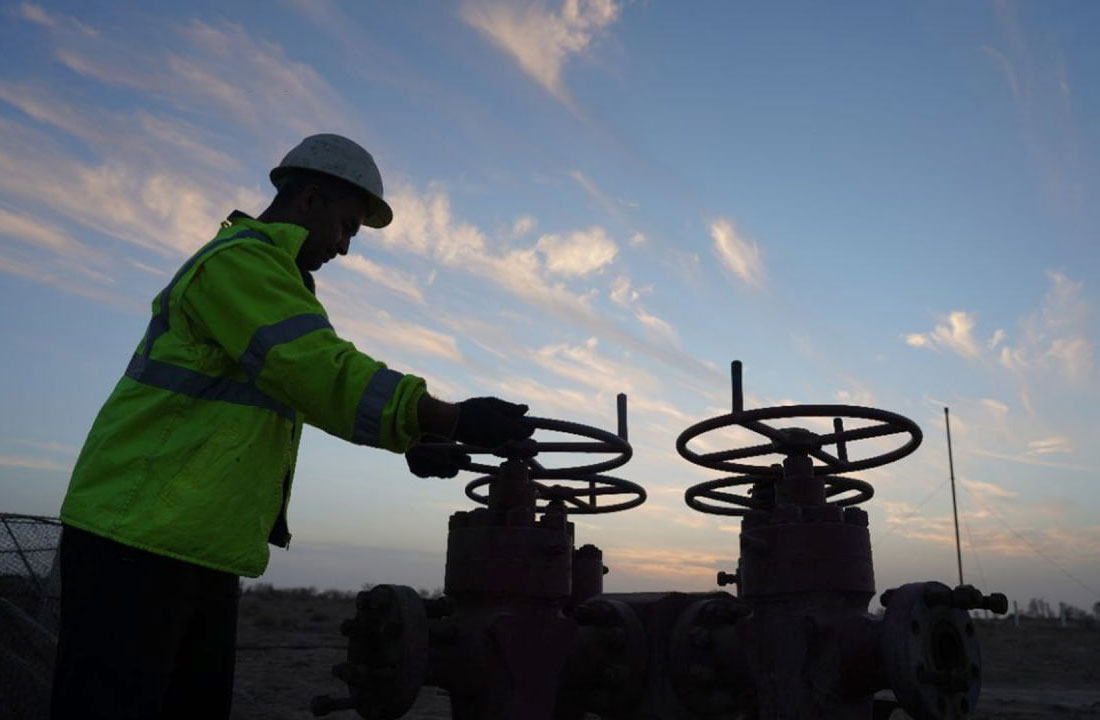
For any country, including Uzbekistan, natural gas resources hold strategic importance, heavily influencing the nation’s economy, energy security, and foreign trade balance. Recent data indicates that 70-75% of electricity generation relies on natural gas. However, the ongoing reduction in natural gas extraction year after year could pose a serious threat to the country’s energy independence.
A 30% Decline in 13 Years
In recent years, natural gas extraction in Uzbekistan has been steadily decreasing. Specifically, between 2010 and 2023, this reduction amounted to nearly 30% or 19.2 billion cubic meters.
According to the Statistics Agency, the dynamics of natural gas extraction from 2010 to 2023 are as follows:
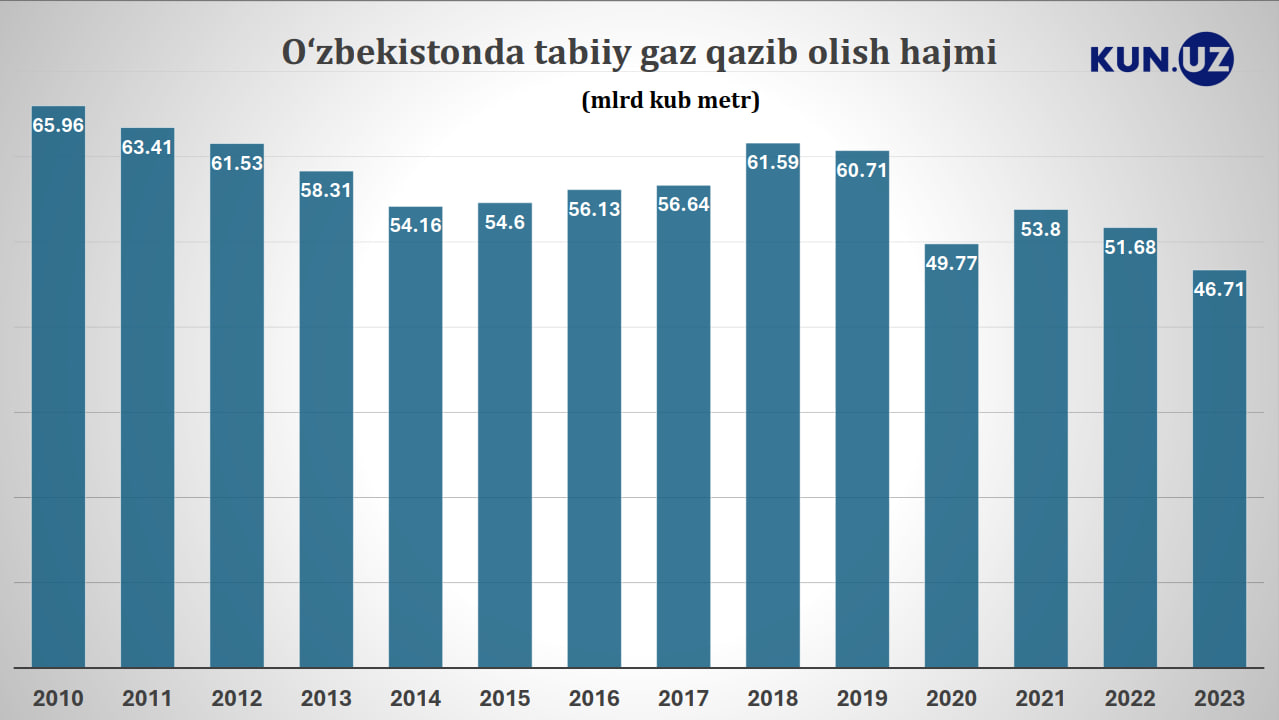
From a Gas Exporter to a Net Importer
Uzbekistan has long been a gas-exporting country. However, since 2020, gas exports have sharply declined.
In 2017, gas exports were valued at $1.39 billion, $2.42 billion in 2018, $2.26 billion in 2019, $478 million in 2020 (the pandemic year), $717 million in 2021, $911 million in 2022, and $530 million in 2023.
Between 2018 and 2023, gas exports decreased nearly 4.6 times in monetary terms.
It should be noted that the price at which Uzbek gas was sold abroad has never been disclosed and is classified as a “commercial secret.”
Uzbekistan’s gas was primarily exported to countries such as Russia, China, and Kyrgyzstan. In 2020, exports to Russia were halted, and the volume delivered to China began to decrease. Specifically, in the first seven months of this year, $323 million worth of gas was exported, 5.6% less than in the same period last year. Although gas exports have been shrinking due to shortages, they have not stopped. This is explained by the existence of a long-term contract for gas trade between Tashkent and Beijing.
Since last year, officials have started compensating for the shortfall in domestic extraction by importing gas from Turkmenistan and Russia. In August 2023, Tashkent and Ashgabat signed a short-term agreement to supply up to 2 billion cubic meters of gas annually. Starting from October, the process of delivering Russian gas to Uzbekistan via Kazakhstan began. Thus, after many years of irrational economic and energy policy, the gas-rich country has become dependent on other nations' gas. For instance, Uzbekistan imported $695 million worth of gas in 2023, and in the current year, this figure has reached $984 million, a fivefold increase compared to the same period last year.
As with other gas-related agreements, the terms of the import contracts have not been disclosed. According to Russian media, last year, the import of Russian gas through Kazakhstan to Uzbekistan amounted to 1.22 billion cubic meters. Uzbekistan reportedly purchased gas at around $160 per 1,000 cubic meters. For comparison, Kyrgyzstan regularly discloses information about the purchase price. The neighboring country’s statistics agency reported that Kyrgyzstan buys Russian gas for about $112 per 1,000 cubic meters.
Overall, in 2023, the negative difference between Uzbekistan’s gas exports and imports amounted to $165 million, while in the first seven months of 2024, it reached $661 million.
How Much Gas Reserves Does Uzbekistan Have?
As of January 1, 2021, Uzbekistan’s proven natural gas reserves were estimated at 1.867 trillion cubic meters, and at the current extraction levels, these reserves were expected to last at least 34 years. In February of that year, former Energy Minister Alisher Sultanov emphasized in an interview with "Voice of America" that “Our gas can support three Uzbekistan.” In August 2023, it was reported that Uzbekistan has 296 oil and gas fields, with a total of 1.854 trillion cubic meters of gas reserves.
In a ranking compiled by OPEC, Uzbekistan's gas reserves were estimated at 1.522 trillion cubic meters, placing the country 22nd globally with 0.74% of the world’s total gas reserves. Another international source cited the figure as 1.8405 trillion cubic meters, ranking Uzbekistan 17th among the countries with the largest natural gas reserves.
Can Gas Extraction Volumes Be Increased?
Given that Uzbekistan has enough reserves to last several decades, one might wonder whether the country can use its resources instead of buying gas from abroad. The “Uzbekistan 2030” strategy adopted last year also set the goal of increasing natural gas extraction to 62 billion cubic meters annually. This means that production should increase by 33% within seven years.
However, the situation is not improving. On the contrary, the volume of gas extraction continues to decline month by month. In particular, during the first seven months of this year, the volume was 26.15 billion cubic meters, 1.31 billion cubic meters or 4.8% less than in the same period last year. A representative from "Uzbekneftgaz" attributed the continuous decline to the rapid depletion of reserves at the fields. The Energy Minister also explained this by the existing technological losses.
According to officials, in many fields, extraction has become technologically and economically challenging, production costs have increased, and investment is needed to boost production. Meanwhile, the programs adopted in recent years to increase gas extraction, the external loans, and the large amounts of funds allocated from the budget have yet to show any significant results.
Related News
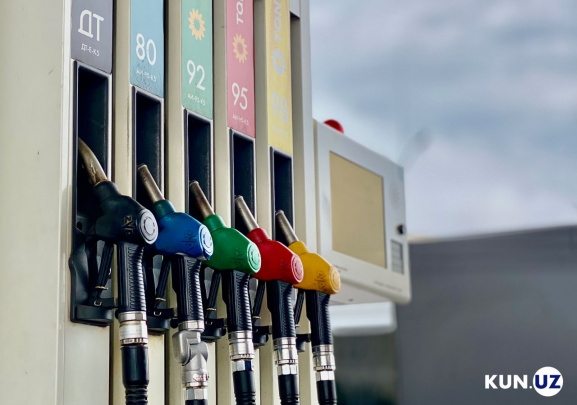
20:22 / 20.02.2026
Fuel quality verification devices to be installed at all gas stations by 2030

12:08 / 20.02.2026
US-based Gulf Oil plans $150 million investment to build 100 gas stations in Uzbekistan
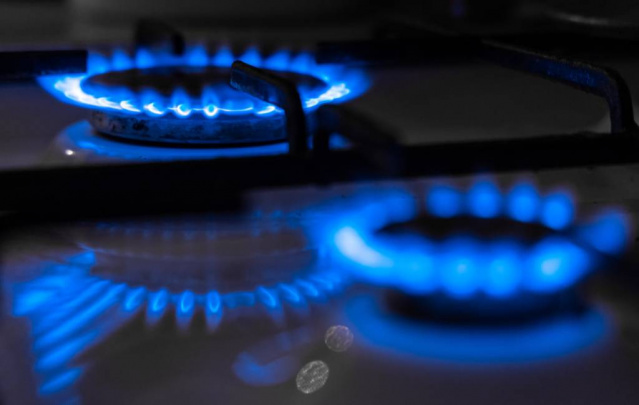
18:14 / 18.02.2026
Uzbekistan revises 2030 gas production target to 48.5 billion cubic meters
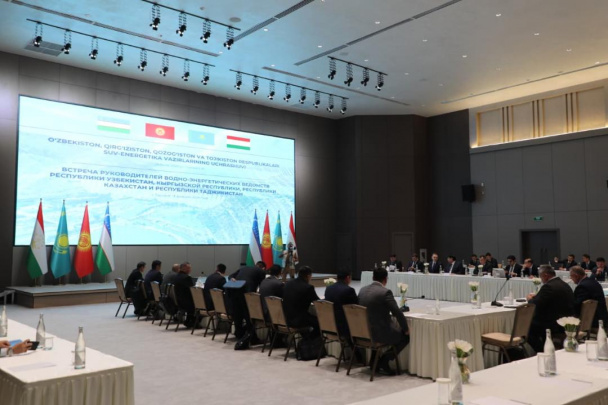
19:32 / 16.02.2026




